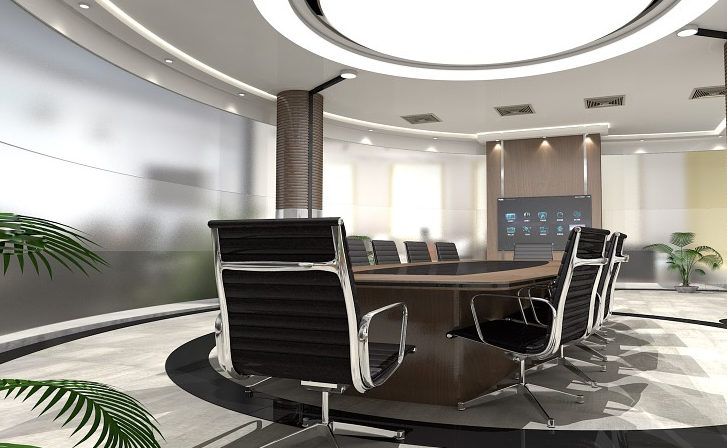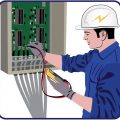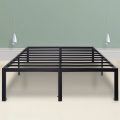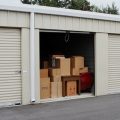Maintain your office premises can eliminate certain risks related to the working environment and facilitate the accomplishment and the safety of your tasks. It helps avoid serious costs emergency clean-ups require.
These maintenance tips will prevent accidents such as:
- Stumbling blocks against obstacles on the floor, steps or platforms.
- Slip on an oily, wet or dirty surface
- Struck by poorly stacked or misplaced objects
- Injuries to the hands or other parts of the body caused by nails, pins, or protruding bands.

1- Remove the Dust
You can use a vacuum cleaner to remove light deposits and dirt. Some models of industrial vacuum cleaners come with accessories for cleaning walls, ceilings, skirting boards, machines and nooks where dust and dirt can accumulate.
Specialized vacuum cleaners can be used to pick up hazardous substances. For example, an absolute filter vacuum cleaner (HEPA) can be used to collect any dirt.
Compressed air should never be used to dislodge dust, dirt or particles from equipment or work surfaces.
2- Maintenance of Lighting Fixtures
Dirt deposited on lightning fixtures can block much of the light produced. To ensure proper lighting, keep the lighting fixtures clean.
3- Maintain the Stairways and Stairs
Aisles should be wide enough to provide ample and safe passage for people and smooth movement of materials. You can I also post Warning signs and mirrors to promote safety. If the aisles are well laid out, people will be less likely to take dangerous shortcuts to avoid stride.
It is important to keep walkways and stairs clear. It should not be used as a temporary storage space or as a storage area and adequate lighting should be provided.
4- Waste Disposal
Waste must be collected on a regular basis to ensure the order and cleanliness of the premises and to facilitate separation of the recyclable waste from the garbage.
By allowing materials to accumulate on the floor, time and energy are wasted, as it takes time to clean. To encourage order and facilitate debris collection, containers can be placed near the waste sources. All waste receptacles should be clearly labeled ( glass, plastic, metal…)
5- Promote Proper Inventory Management
Proper inventory management is essential to avoid temporary or permanent storage problems. There will also be less overwork in employees if the amount of handling is reduced, especially if there is less manual handling. While facilitating access to the necessary materials, the location of the stock depots must not encroach on the workspaces. The stock should not be stacked within three feet of the fire extinguishing heads.
To reduce the risk of battery slippage, the boxes and drums must be stored on solid bases and tied securely. Stored items must not obstruct aisles, stairs, exits, fire-fighting equipment, eye-fountains, emergency showers or first-aid stations. All storage areas must be clearly marked.
Flammable, combustible, toxic or otherwise hazardous materials shall be stored in approved containers and in areas designed to meet the particular hazards of such materials. All storage requirements specified in the fire codes and in the environmental and occupational health and safety regulations in each jurisdiction must be observed.
For more details visit: http://www.happyhomedirect.fr/

















